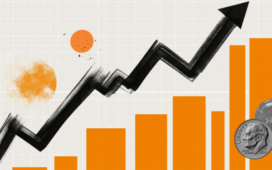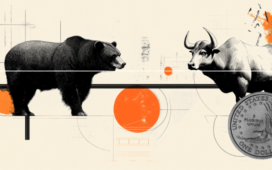[LONDON] Central banks around the world expect their gold holdings as a proportion of their reserves to increase over the next five years while expecting their US dollar reserves to be lower, a survey by the World Gold Council (WGC) showed.
Gold demand from central banks has risen significantly over the past three years despite its price rally to consecutive records. It hit an all-time high of US$3,500.05 an ounce in April, up 95 per cent since February 2022 when Russia invaded Ukraine.
Seventy three central banks responded to WGC’s survey, carried out between Feb 25 and May 20, and 76 per cent of these expect their gold holdings to be higher in five years compared with 69 per cent last year.
Nearly three-quarters of respondents expected central banks’ US dollar-denominated reserves to be lower in five years compared with 62 per cent last year.
“Gold’s performance during times of crisis, portfolio diversification and inflation hedging are some key themes driving plans to accumulate more gold over the coming year,” WGC said in a release.
Central banks have accumulated more than 1,000 tonnes of gold in each of the last three years, WGC said, adding that this represented a significant rise from the 400 to 500 tonnes average in the preceding decade.
BT in your inbox

Start and end each day with the latest news stories and analyses delivered straight to your inbox.
“This marked acceleration in the pace of accumulation has occurred against a backdrop of geopolitical and economic uncertainty,” WGC said.
A record 95 per cent of respondents think central bank gold reserves will increase over the next 12 months, up from 81 per cent last year, according to WGC’s survey, which also showed the Bank of England remains the most popular location for their gold reserves.
Potential trade conflicts and tariffs were cited by 59 per cent of central banks in the survey as relevant to the management of their reserves, the survey showed
“A larger percentage of these came from emerging markets and developing economies – 69 per cent – than advanced economy respondents – 40 per cent”, the council said. REUTERS



